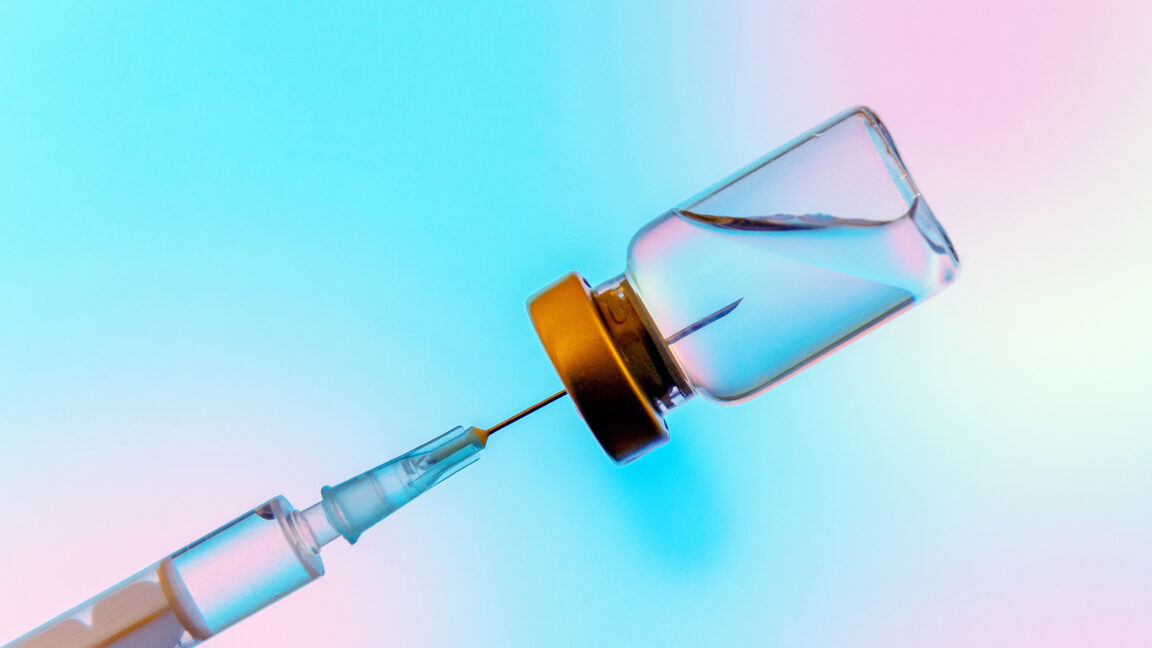Amid ongoing legal battles over coveted GLP-1 therapies, a drug vendor in Washington state is accused of running an outlandish scheme to sell do-it-yourself kits to make illicit knockoff versions of weight-loss and diabetes drugs, Zepbound and Mounjaro.
For the alleged scheme, vendor Pivotal Peptides has customers buy a set of ingredients they have to mix together to create their own injectable versions of the drugs. Customers don't need a prescription or even a medical consultation to order the kit, even though the brand-name drugs are prescription-only. That may not be surprising, though, since the dubious white powder customers receive is stated to be "a research chemical for lab research and veterinary purposes only." Once purchased, the kit's instructions recommend users disinfect their home work surface before beginning and stress the importance of using the sterile water included in the kit to dissolve the powder to the desired concentration. The instructions then explain how to inject oneself with the homemade mixture using a 30-gauge syringe.
That's all according to a lawsuit filed Monday by pharmaceutical giant Eli Lilly, maker of tirzepatide-based Zepbound and Mounjaro, which are sold as ready-to-use medicines in single-dose pens or vials. The lawsuit against Pivotal Peptides is one of three that Lilly filed this week, all accusing questionable drugmakers of unlawfully selling knockoff versions of its tirzepatide drugs that have not been tested or approved. But the one against Pivotal Peptides stands out for the scheme the owners allegedly used to sell their knockoff version.
In July, Lilly sent Pivotal Peptides a cease-and-desist letter, noting that the company appeared to be selling a research-grade tirzepatide that "has not been purified to pharmaceutical-grade levels and is not approved for or appropriate for human use."
Starts with a T
Pivotal Peptides—which is not a licensed pharmacy or dispensary—did not respond to the letter. Instead, its website was modified to indicate that it was "down for maintenance," and the company instructed customers to email directly. About 10 days later, Pivotal Peptides' registered agent, Elizabeth Gately, then sent an email (which Lilly obtained) instructing customers to place tirzepatide orders using coded language.
"Good News," the email read, "Pivotal Peptides ... is still in business!"
"If a favorite product (starting with T) was your go-to, that name can’t be used in any correspondence with me or listed on my price sheet anymore," Gately allegedly wrote. "Therefore, I need another identifier and decided (for now) to call this peptide '11mg.'"
Gately went on to say that the codenamed product "is Pivotal Peptide’s [sic] bestseller," and "it is the only T size available from PP right now except by special order." The letter ended with: "Remember to order '11 mg' with the latest price to identify the product you want, if applicable, and no longer use T in our communication."
Pivotal Peptides did not respond to Ars' request for comment.
In a statement emailed to Ars, a Lilly spokesperson said Pivotal Peptides and the other companies Lilly is suing are engaging in "conduct that poses serious risks to patient safety." In the lawsuit, Lilly notes that even children could be ordering this DIY, research-grade drug.
"No one should ever be allowed to sell these untested, non-human grade or manipulated drugs to American consumers," the statement continued.
Lilly's lawsuits come amid a legal storm over compounded versions of the tirzepatide, which can be legally made by licensed pharmacies as long as tirzepatide is in shortage. On October 2, the Food and Drug Administration announced that the shortage had ended but then decided to reconsider the decision after being sued by compounding pharmacies.
On several occasions, the FDA has warned of safety concerns related to compounded versions of GLP-1 weight-loss drugs.


